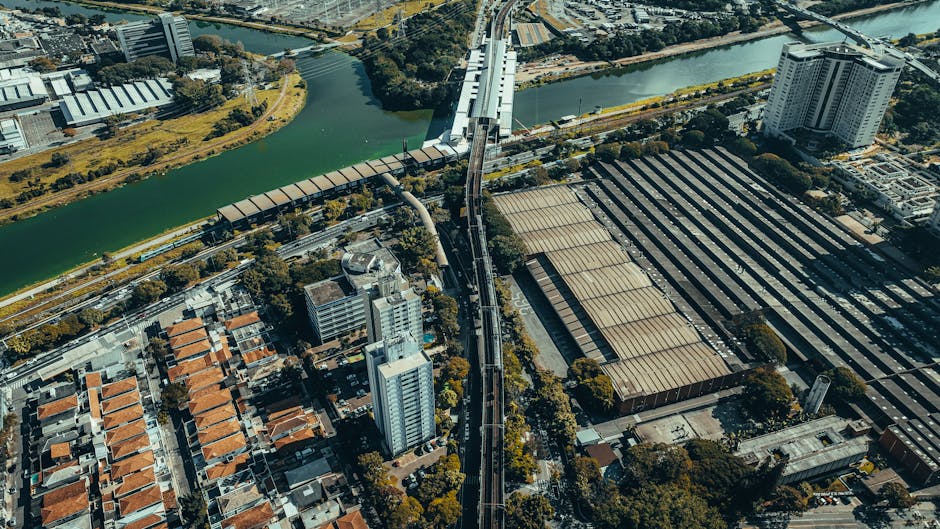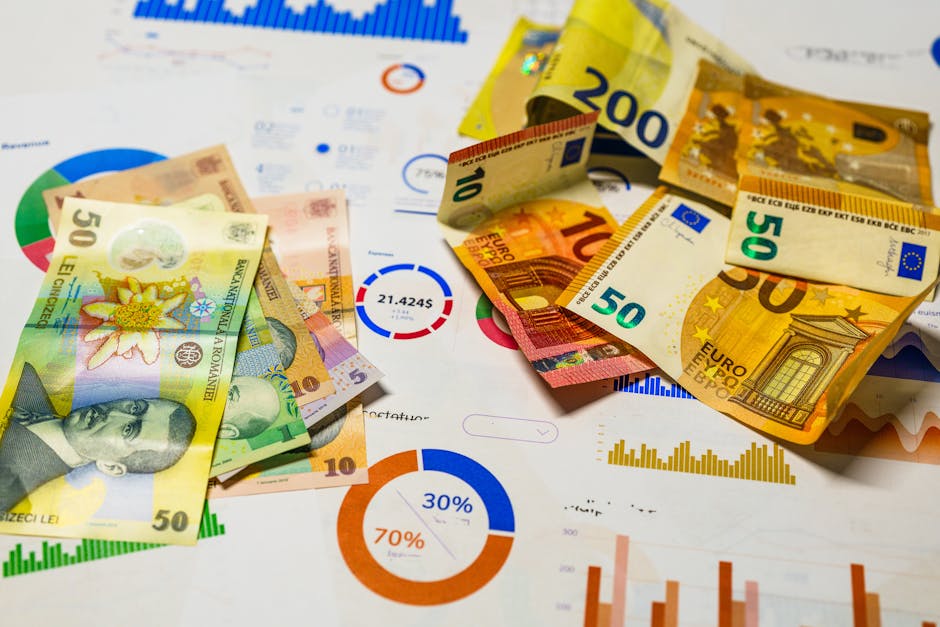
In a unified stance that underscores the gravity of the situation, six of Brazil’s leading trade organizations within the online gambling sector have come together to challenge proposed tax revisions that threaten the very fabric of the industry. This coalition, representing a broad spectrum of the regulated betting landscape, has issued a public plea against further tax increases, highlighting the potential repercussions on Brazil’s burgeoning betting industry.
The Coalition’s Composition and Concerns
- Brazilian Association of Games and Lotteries (ABRAJOGO)
- Betting and Fantasy Sports Association (ABFS)
- International Gaming Association (AIGAMING)
- National Association of Games and Lotteries (ANJL)
- Brazilian Institute of Responsible Gaming (IBJR)
- Brazilian Institute of Legal Gambling (IJL)
A joint statement released by these associations on June 3rd sharply criticizes the tax adjustments under consideration, labeling them as unjustifiable from economic, technical, or public policy perspectives. They argue that such measures could destabilize the legal framework established by Law No. 14,790/2023.
The Taxation Threat: A Closer Look
The backdrop of this protest is the federal government’s speculated intention to mitigate potential revenue losses from the potential repeal of Decree No. 12,466—which raised the IOF tax on international remittances from 0.38% to 3.5%—by imposing higher taxes on licensed betting operators. The current tax burden includes a 12% gaming tax, up to 5% ISS, 9.25% PIS/COFINS, and a 34% profit tax. The introduction of Selective Tax (or Sin Taxes) could potentially push effective rates to nearly 50%.
The Potential Fallout of Increased Taxation
The coalition warns that disproportionate tax hikes on an industry still in its regulatory infancy could not only undermine public policy goals but also deter investments and provoke systemic disruptions through potential litigation. Drawing parallels with European markets like Italy and Spain, where high taxation fueled the growth of illegal gambling operations, the associations highlight the risk of Brazil following a similar path. Official records indicate that while the regulated market transacted R$3.1bn per month in Q1 2025, illicit activities were estimated to be between R$6.5bn to R$7bn, all beyond state oversight.
A Call for Rational Fiscal Policy
Despite their grievances, the group remains committed to constructive dialogue but stands firm against any attempts to make the regulated betting sector bear undue fiscal responsibility for broader national financial challenges. Industry stakeholders are urging lawmakers for restraint and comprehensive fiscal reforms that address structural inefficiencies while fostering regulation in currently unsupervised sectors. They emphasize that efficient taxation should never equate to confiscation.
Looking Ahead: The CPI of Bets and Brazil’s Online Gambling Policy
As discussions evolve, all eyes are now on the Federal Senate’s Commission of Inquiry (CPI of Bets), whose forthcoming recommendations are poised to significantly influence Brazil’s online gambling policy direction moving forward. The industry’s plea for a balanced approach to taxation underscores the delicate balance between fostering a thriving legal betting market and ensuring fiscal responsibility.
Final Thought: A Balanced Approach Is Key
The collective stance of Brazil’s key trade organizations against the proposed tax increases serves as a crucial reminder of the need for a balanced, thoughtful approach to taxation within the online gambling sector. As Brazil navigates these choppy waters, the decisions made today will undoubtedly shape the future of the industry for years to come. The call for dialogue and rational fiscal policy is not just a plea for fairness but a roadmap towards sustainable growth and regulation in the digital age.










Leave a Reply